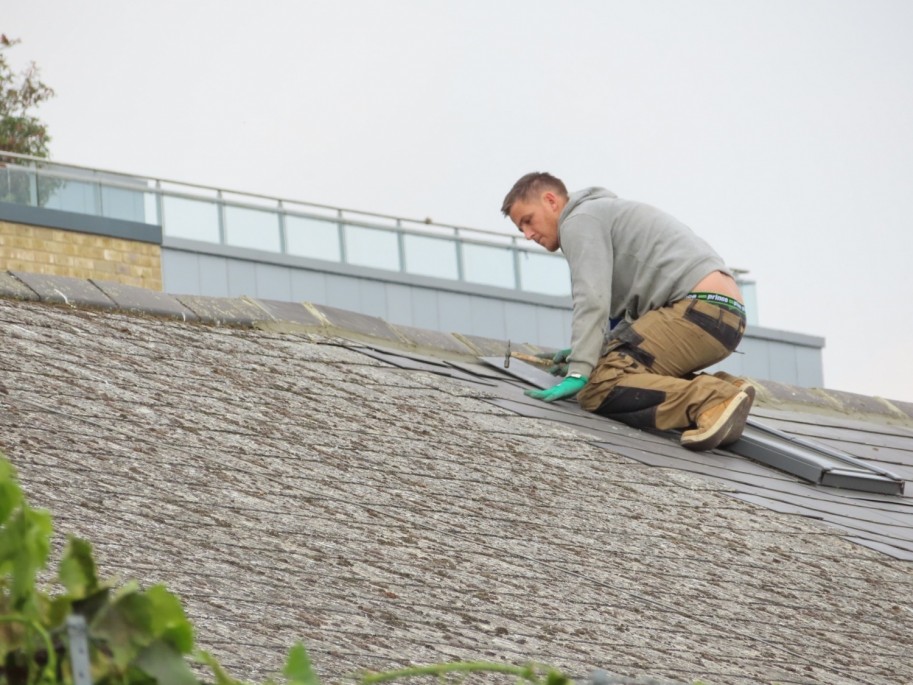
Home repairs can be expensive and often come at the most inconvenient times. If your furnace goes out in the middle of winter or your roof starts leaking after a heavy storm, you may need to act quickly to avoid further damage. However, finding the money to pay for emergency repairs can be challenging. Here are a few options to consider:
1. Personal Loans
Personal loans are a type of unsecured loan, which means they're not backed by collateral. Instead, they're based on your credit history and income. Since they are unsecured, they tend to have higher interest rates than secured loans. If you have good credit and are willing to do some research, you may be able to qualify for a personal loan with a low-interest rate. They can be used for various reasons, including consolidating debt, making home improvements, or paying for unexpected expenses.
2. Home Equity Loans
A home equity loan is a type of loan that allows you to borrow against the equity in your home. Equity is the portion of your home's value that you own outright, and it can increase as you pay down your mortgage or as your home's value appreciates. If you have built up equity in your home, you may be able to use it to finance emergency repairs. They typically have flexible repayment terms and low-interest rates than a personal loan, making them an attractive option for many homeowners. Before taking out a home equity loan, it's vital to understand you can lose your home if you default on the loan.
3. Payday Loan
Payday loans are easy to qualify for and can provide quick access to cash, making them a popular choice for many people who need emergency funds. You can apply and get a quick loan in Calgary online within minutes. Many different lenders offer payday loans, and the terms and conditions of each loan can vary. Shop around and compare different lenders before taking out a payday loan. However, because payday loans are typically short-term loans with high-interest rates, they can be expensive. Only borrow what you can afford to repay to avoid financial trouble.
4. Use Your Emergency Fund
If you have an emergency fund, now is the time to use it. This is a savings account you set aside for unexpected expenses. Using it can help you avoid debt or tap into other savings. If you don't have an emergency fund, now is the time to start. Make extra money by blogging or freelancing, and start setting aside money each month to build up your fund. An emergency fund is a crucial part of financial planning and can help weather unexpected storms.
5. Borrow From Friends or Family
Your friends and family are likely to be some of the most understanding people regarding your finances. If you're facing an emergency repair bill, don't be afraid to ask them for help. Many people are happy to lend money to friends and family members in need, and they may even be willing to do so at a lower interest rate than what you would get from a traditional lender. Just be sure to draw up a written agreement detailing the loan's terms, including when and how you will repay it. To avoid any misunderstandings and put strain on your relationship.
While no one likes to have to deal with unexpected repairs, these five options can help you pay for them without breaking the bank. Choose the option that makes the most sense for your situation, and start fixing your home.
© 2017 Jobs & Hire All rights reserved. Do not reproduce without permission.
* This is a contributed article and this content does not necessarily represent the views of jobsnhire.com




